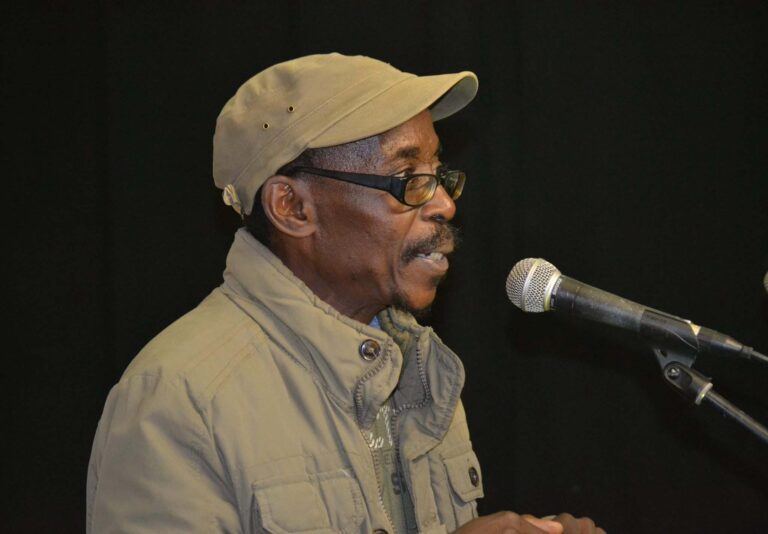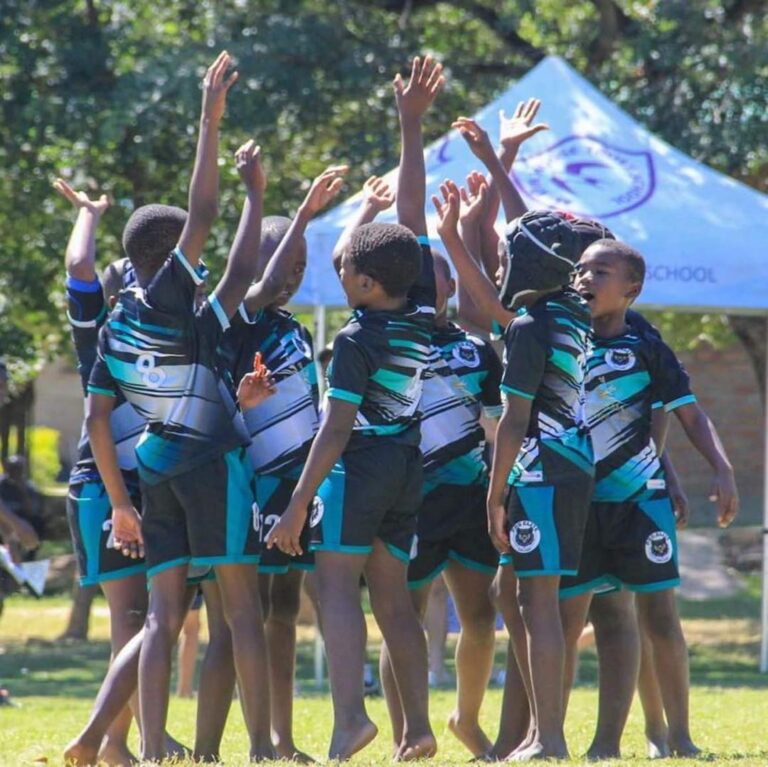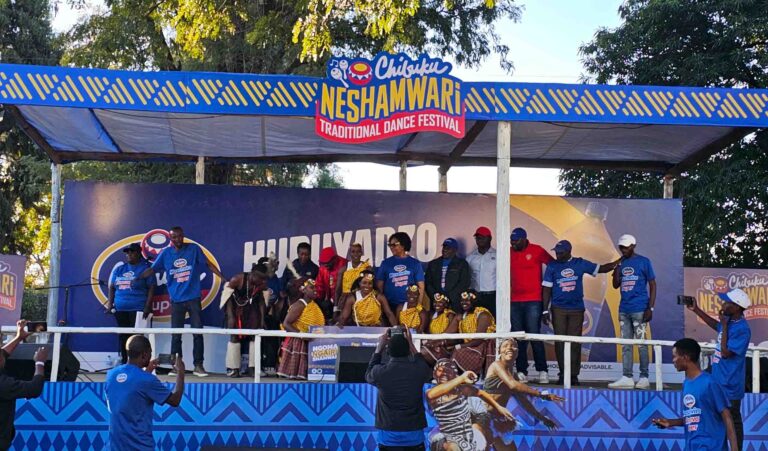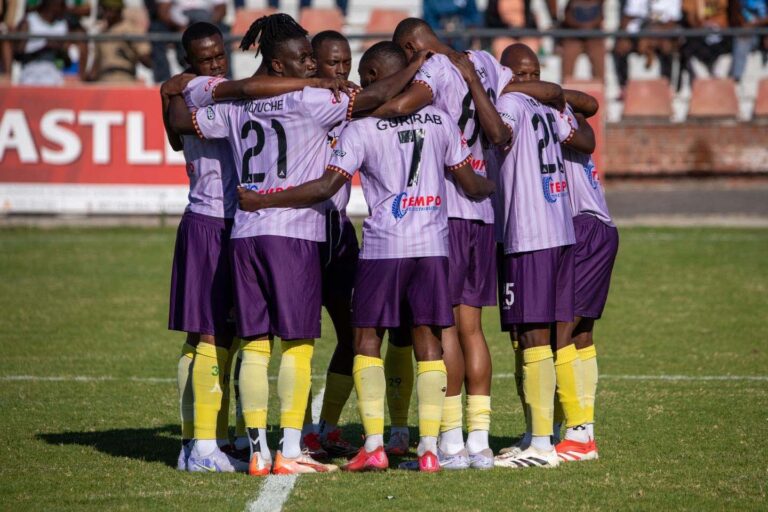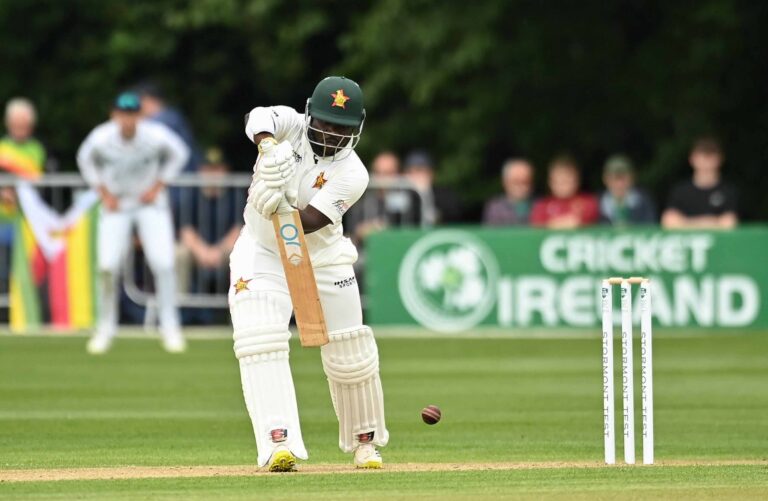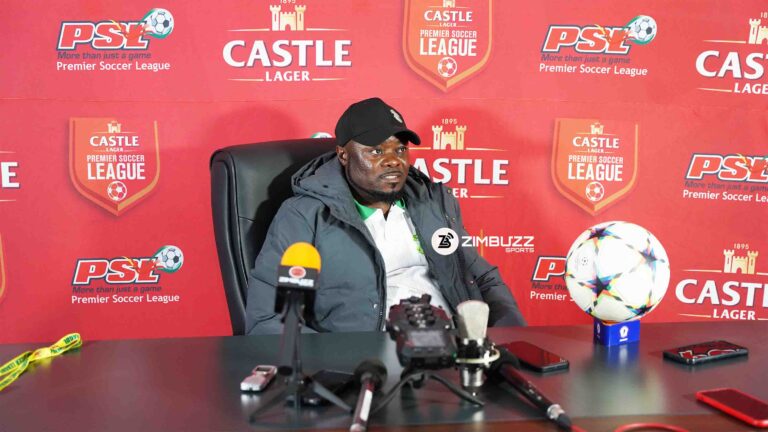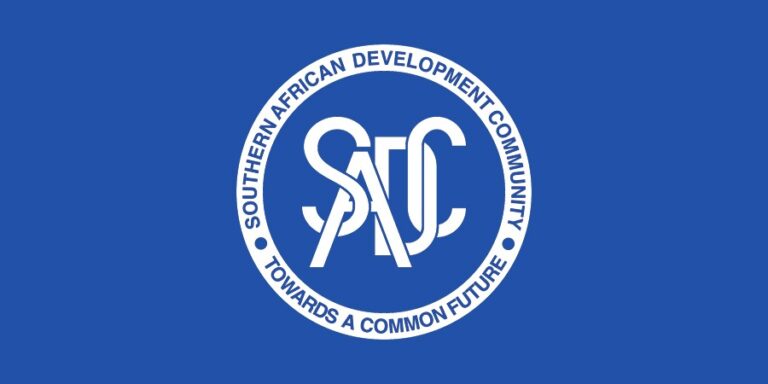Unlike many fleeting collaborations, the posthumous release of Chimanimani presents a profound spiritual synergy between Zimbabwean greats—poet Chirikure Chirikure and the late mbira maestro Chiwoniso Maraire.
Slated for release on 28 June 2025, the album was recorded quietly in 2008 and has waited nearly two decades to finally emerge into the light — a poignant, powerful time capsule.
“We always had the understanding that the poetry and music were complimentary,” Chirikure shares, “None of us was backing the other – we were a unit.”
Their story begins in the early 1990s, when Chirikure found himself performing with Mhuri YaMaraire, a family group that included Chiwoniso, her sister Tawona, and their legendary father, Dumisani Maraire.
That partnership birthed DeteMbira, a collective space for poetry and mbira music to converge — and from there, a rare and seamless artistic fusion was born.
Though they walked separate paths at times — Chiwoniso with her solo acclaim, and Chirikure with his literary and spoken word explorations — the two artists continually circled back to one another, driven by an instinctive connection.
“There was an amazing natural creative and performance chemistry between us,” says Chirikure. “It grew deeper and deeper.”
The album, titled “Chimanimani”, is a five-track acoustic offering that brims with intimacy and integrity.
Recorded in 2008, it remained on the shelf for years, delayed by financial struggles, Chirikure’s relocation to Berlin for a residency in 2010, and the sudden, devastating death of Chiwoniso in 2013.
“I tried to release the album when I returned in 2014,” Chirikure admits, “but somehow, I was just lethargic. I guess we all needed time to accept Chiwoniso’s passing.”
Yet, time may have only deepened the album’s resonance. Now ready to be shared, “Chimanimani” becomes more than an album — it’s an archival treasure.
Tracks That Speak Through Time
The project includes five tracks:Tinobhomba, Chimanimani – Stolen Light, Kanyanisa, Bread and Roses, Mutserendende – Sliding Game
Though deceptively simple in arrangement — one mbira, two voices, and sparse percussion — the songs radiate with spiritual complexity. Themes range from social justice to the human yearning for connection and dignity.
“We were particularly drawn to themes around social justice and respect for one another,” Chirikure reflects.
Despite the passage of time, the original recordings were meticulously preserved. Sound engineer Tamie Bimha had kept the materials safe, and with the aid of producer Keith Farquharson at Bridgenorth Studios, the album has been given the polish it deserves.
“It’s the greatest tribute you can pay to a fantastic human being and an artist of Chiwoniso’s stature,” says Chirikure, clearly moved.
Indeed, this is the only album the two artists ever recorded together — a singular capsule of their legacy. Chiwoniso’s voice, captured in her prime, now carries new meaning.
“Her words were relevant in 2008 and are even more relevant today. Some have developed new meaning over the years.”
“Chimanimani” is not just a reflection of what was, but a gift to what will be. As younger generations discover this recording, they’re invited into a conversation that spans time — rooted in tradition but alive with relevance.
“For the younger generations, this is an opportunity to feel the past, embrace the legacy, and use that as a foundation to build the future on.”


